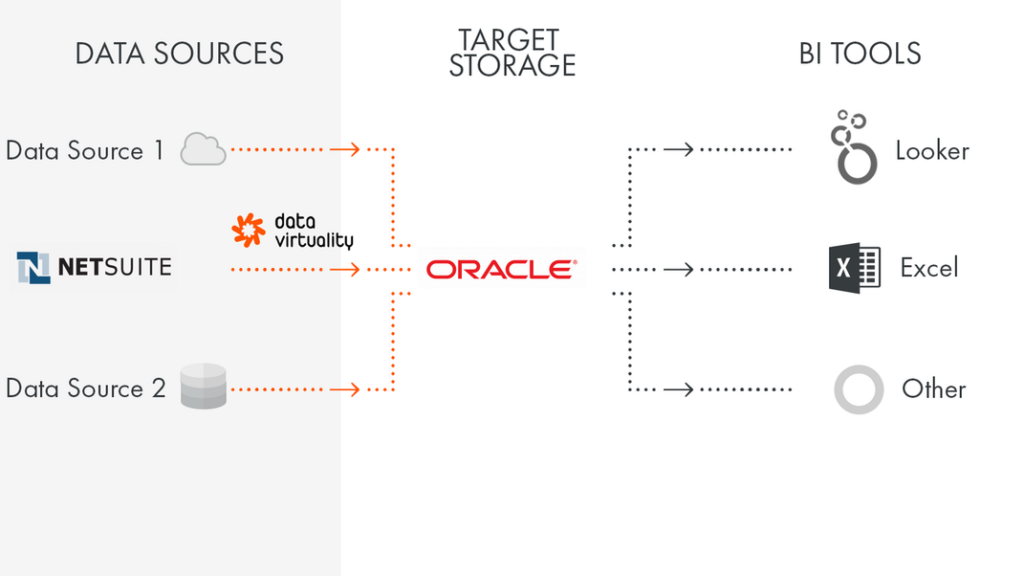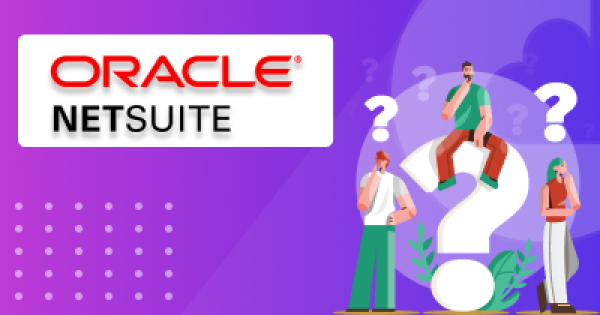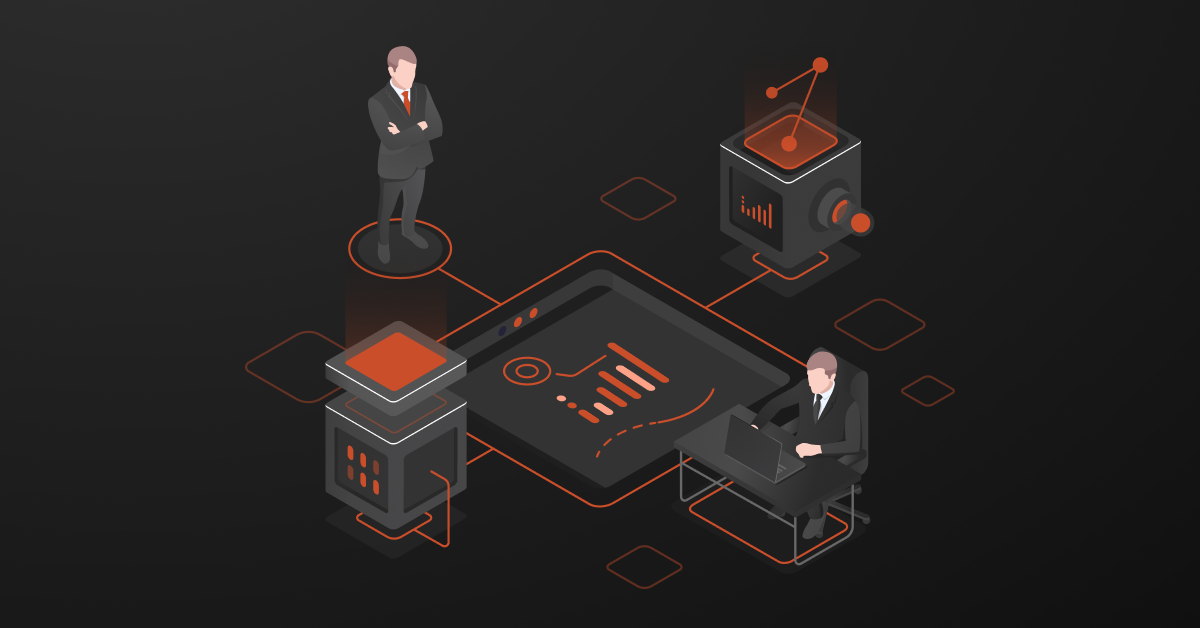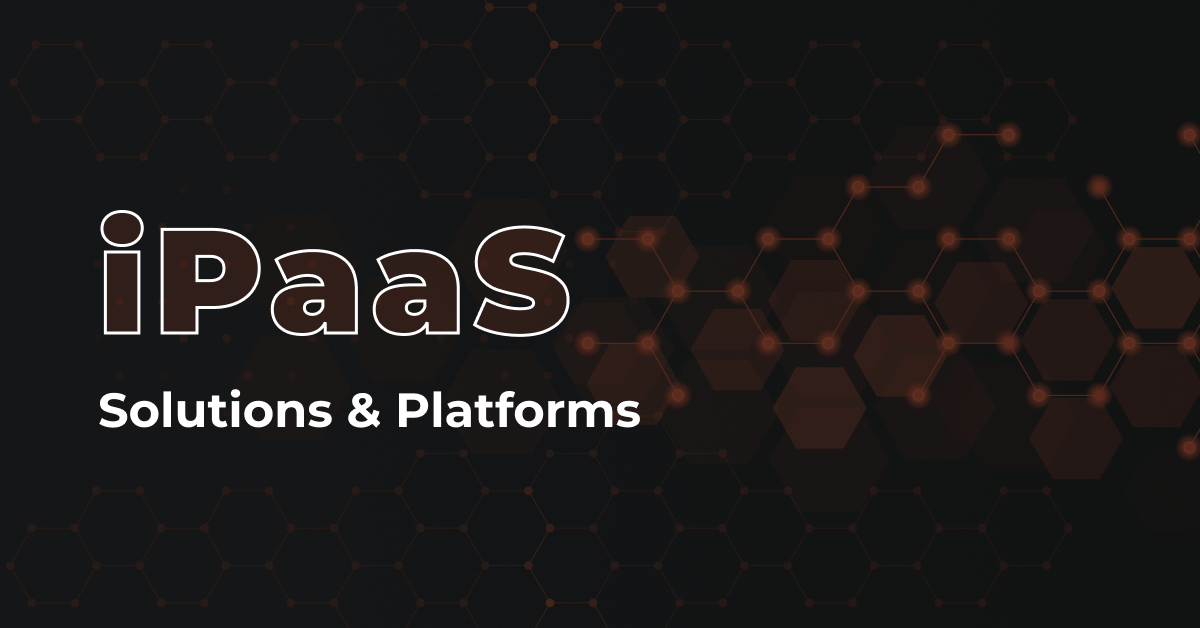A comprehensive guide on Oracle Netsuite ERP: a unified system that can manage both internal and external resources in a company. The precise reasons corporations invest in this technology differ, but typically, cost reductions and productivity improvements top the list. A wide variance of ERP offerings exists in the marketplace. Most offer the same fundamental functionality, while features and particular services differ. The small business owner owes it to himself to be vigilant and performs due diligence before investing in an ERP system.
One of the essential elements of an ERP solution is its unified system design. This integration allows a business to utilize the identical system beyond multiple geographies. A corporation that runs an ERP system can have a client assistance center in New York, a warehouse in California, and an HQ in Houston. All of these areas manage and see equal results despite their physical geography. In this example, the ERP arrangement reduces the requirement for collecting repetitive data in various physical situations. It also eliminates the requirement for every location to upload or extract data from the central data storage site thereby increasing mobility and overall agility of the system.
ERP systems also provide corporations access to a plenitude of business information. This is essential because in the long you can turn your business information into business intelligence. Earlier, this information was either unavailable or difficult to obtain with other systems. The information has more accuracy and relevancy because it all comes from one origin, not multiple fragmented origins for most ERP systems provide businesses with various reporting tools. This lets them create time-sensitive, up-to-date information more user-friendly.
Non-integrated software systems often require multiple data extracts to various spreadsheet programs or uploads from one system to another.
These breaks in information movement decrease the response time from the time the customer order gets placed thereby reducing the time payment gets received from the customer. The lengthier it is for the customer to pay, the more cash a company has as outstanding. This results in decreased cash flow. ERPs help eliminates this thing.
NetSuite is a cloud-based ERP solution from Oracle that empowers organizations to streamline business operations and scale; fast-growing businesses. NetSuite unifies and automates essential functional areas like financial management, revenue management, inventory management, order management, billing, e-commerce, and CRM.
We go in-depth about exploring the Oracle Netsuite ERP solution; pricing, industry modules, tech-specs, and its implementation. If you’re a finance manager, entrepreneur, operational head, or any key decision-maker in the market for an ERP, this article is for you.
Contents
What is Oracle Netsuite ERP Solution?

NetSuite includes seven inter-related modules, each of which brings data from a distributed database. This interconnectivity allows users module-specific features. Corporations employ NetSuite for enterprise resource planning (ERP) and to maintain inventory, trace their financials, host e-commerce stores, and maintain client relationship management (CRM) systems. This flexible platform serves a range of business applications.
More than 24,000 customers are using NetSuite, it is 10 times bigger than the next biggest contender in the ERP market. A wide range of functionalities with industry-specific assistance means NetSuite works with your unique company requirements. Real-time dashboards present engaging graphical reports, insight into forecasting, profit, inventory, and more customizable functionalities. Real-time dashboards facilitate drag-and-drop features and allow employees to customize home pages to best fit their roles and needs.
NetSuite developed their superior business system from the ground up in the cloud, which means it’s scalable, nimble, and agile for sustained growth. Small, Mid-market, and Enterprise corporations run their crucial operations on NetSuite because of its highly-customizable and broad expanse of functionalities for both B2C and B2B companies in various industries and verticals.
Recommended read: NetSuite Implementation Explained
Who Can Use Oracle Netsuite ERP?
With the real-time system available across desktop, smartphone, and tablet, a business can be conducted anywhere, anytime. Many corporations are turning to the cloud for the delivery of their enterprise system to diminish their operating costs and sharpen their competitive advantage.
Rated the most famous ERP software for mid-sized companies, NetSuite targets its platform at businesses of all sizes. It also sells directly to CEOs, CIOs, CFOs, and controllers, and targets corporations running the following software (because Netsuite integrates with each):
- QuickBooks
- Microsoft Dynamics GP
- Sage
- SAP
- Deltek
- Epicor
- Legacy On-Premise ERP
- EPEC Engineered Technologies
- Land o’ Lakes
- Williams Sonoma
- Shaw Industries
- LOVESAC
- iAutomation
- Commvault
- DocuSign
- Kronos
- The Boston Globe
Modules Of Oracle Netsuite ERP

Oracle Netsuite ERP solution sponsors extended functionality for small and medium-sized enterprises and enterprise-level corporations.
Some of its primary features include:
- ERP – NetSuite ERP runs all of your significant commercial business processes in the cloud: accounting, inventory, supply chain, and order supervision.
- Customer relationship management (CRM) – NetSuite is the only on-demand CRM system that provides you a pure 360-degree view of your clients.
- Professional services automation (PSA) – NetSuite PSA helps you carefully plan, track and execute projects.
- One database, one system – Real-time, consolidated global business management program to achieve processes involving multiple countries, currencies, languages, and subsidiaries.
- E-commerce – Integrate every step of your network store from point of sale and order administration to marketing, merchandising, inventory, financials, and support.
- Retail – NetSuite provides a robust, cloud-based retail software solution created to satisfy your omnichannel buyers.
- Manufacturing – NetSuite’s solution for manufacturing enables you to concentrate on delivering products and services while increasing agility for scalable growth.
- Finance and Accounting – Combines core accounting purposes with real-time financial visibility and business insights to drive progress.
- Billing – Users can combine sales, finance, and fulfillment for seamless processing with this module.
- Revenue Realization – Helps with compliance and scheduling.
- Financial Planning and Reporting – Lets users combine outlining, budgeting, and forecasting, providing real-time, on-demand, decision-making information.
- Global Accounting – Highlights affords “close-to-disclose” capabilities and promotes general compliance and management, expediting closings.
- Governance, Risk, and Compliance – Via technology and automated methods, this tool directs regulatory and risk concerns.
Using Oracle Netsuite Solution?
To get started with the Oracle Netsuite solution, there are numerous resources available online. Oracle Netsuite solution is a compelling ERP product that has great community support. Of course, if you desire to utilize the ERP to its complete potential, learning tools will be essential. Below are some resources that you can use to master the Oracle Netsuite solution:
- Official Oracle Netsuite ERP solution guide here;
- Official Oracle Netsuite ERP solution community resources here;
- Official Oracle Netsuite ERP solution blog platform.
Oracle Netsuite ERP Solution Pricing
Oracle Netsuite ERP does not disclose pricing information. This is common practice for software sellers and service providers. The NetSuite license acts as a subscription model and may be renewed annually or over extended intervals. Prospective customers should contact Netsuite for details or you can contact the vendor here to get pricing information for your custom needs. Check out what the users have to say about the Epicor Eclipse ERP Solution on some of the few review sites? Improve your decision with sites like Capterra or G2 to measure Netsuite Eclipse ERP to other ERP solutions by industry, ratings, customer views, pricing, organization size, features, and more. Contact NetSuite to obtain current pricing.
How Long Does It Take To Deploy Oracle Netsuite ERP System?
The extent of a NetSuite install will define the amount of time required to fully execute and implement system specifications. It’s prudent to expect a window of anyplace from two to six months for the complete implementation.
After signing the contract, NetSuite forwards its Success Services team.
This suite of assistance is managed by an Experience Supervisor, who cooperates with you to recognize key problems, determine company goals, and recognize possibilities circling your system setup.
This preparation between NetSuite and a client leads to the development of a project road map. Consumers can also contribute to NetSuite’s Technical Account Management (TAM), a paid bonus service that ensures clients are successfully solving technological difficulties throughout and after implementation.
How To Integrate Oracle Netsuite ERP Into Your Business?

By using an integration platform as a service you can integrate Oracle Netsuite ERP solution into your existing business. Use this comprehensive guide to learn how to integrate the Oracle Netsuite ERP Solution into your business.
DCKAP Integrator is a scalable, flexible & customizable iPaaS that provides pre-built connectors, which you can easily synchronize any data point mapped & modified according to how you want it. Oracle Netsuite ERP is a famous & full-fledged customizable solution. Keep it aligned with your other business applications through integration. Synchronize the capabilities of your various legacy & modern cloud applications, channels & data points.
DCKAP Integrator already provides a pre-built package that integrates all these data points. It is a GDPR compliant platform that ensures the complete security of your data through encrypted transactions and SSL certifications. Additionally, the DCKAP Integrator platform provides you best-in-class UI and UX, with drag and drop features and minimal coding effort.
In Conclusion
NetSuite is the complete ERP solution to manage your company. Engineered to scale with companies as they develop and streamline mission-critical processes. This allows them to maintain concentrating on what they do best and to react to new market opportunities swiftly and confidently. From excellent financials to supply chain management to billing and beyond, NetSuite ERP gives companies the tools they need to accelerate growth and drive innovation.
Perhaps the only downside is for businesses that require it, NetSuite does not give an on-premise account. The numerous combinations, while important, can become uncertain and lead to downtime if updates with the third-party software are not supported. Some clients stated poor performance with modules that were not developed in-house by NetSuite.
Overall it’s a powerful ERP if you require a robust solution for your business and its subsequent network with an efficient client support structure.
If you liked this article, give it a thumbs up and share it with others in your community.
A little help goes a long way for everyone.
Thanks for reading!




